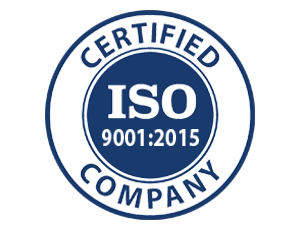Liquid Molding Monthly
How to Choose the Best High Quality Epoxy Resin for Your Projects
Choosing the right epoxy resin is crucial for ensuring the success of various projects, whether in construction, art, or manufacturing. High Quality Epoxy Resins are known for their superior strength, durability, and versatility, making them the preferred choice for professionals. According to a report by Research and Markets, the global epoxy resin market is projected to reach $9.51 billion by 2025, growing at a CAGR of 5.8%, driven by the increasing demand across numerous industries, including automotive, marine, and electronics. Selecting a High Quality Epoxy Resin not only enhances the longevity of the finished product but also influences its aesthetic appeal and functionality. Therefore, understanding the key characteristics of high-quality options, such as clarity, chemical resistance, and curing time, is essential for achieving optimal results in any project.

Understanding the Different Types of Epoxy Resins Available for Your Projects
When selecting the best high-quality epoxy resin for your projects, it’s essential to understand the different types available. The three primary categories of epoxy resins are standard epoxy, fast-setting epoxy, and flexible epoxy. Standard epoxy is known for its strength and versatility, making it ideal for various applications, from coatings to laminating. Fast-setting epoxy, on the other hand, is perfect for situations where time is of the essence, as it cures quickly, allowing you to complete your projects in a shorter timeframe. Flexible epoxy offers enhanced elasticity, which is excellent for applications subject to movement or stress.
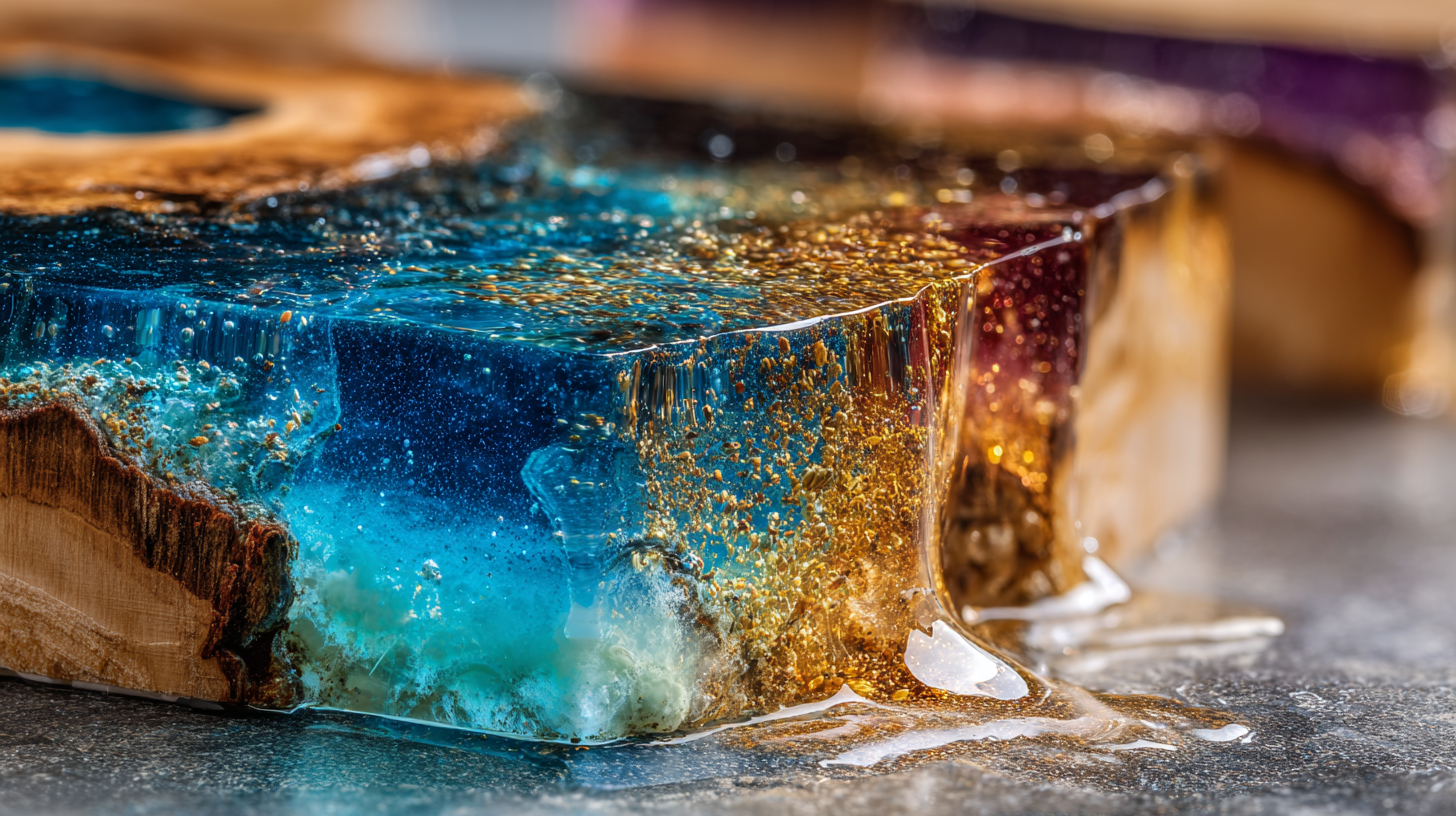
Tip: Always check the manufacturer’s specifications for each epoxy type, particularly regarding cure time and working conditions, to ensure it meets your project's requirements.
Moreover, consider the additives or fillers that can be included in the epoxy resin. Some formulations come with color pigments, while others allow for the addition of materials like glitter or metallic powders to achieve unique finishes. This customization can greatly enhance the aesthetic appeal of your finished product.
Tip: Experiment with different combinations of pigments and fillers to discover what works best for your project’s vision while being mindful of the resin’s properties and curing requirements.
Key Factors to Consider When Selecting High-Quality Epoxy Resin
When selecting high-quality epoxy resin for your projects, several key factors must be considered to ensure optimal results. One critical aspect is the resin's viscosity, which significantly affects its application and curing process. According to a report by the American Chemical Society, resins with lower viscosity are easier to work with, allowing for better penetration and adhesion, particularly in detailed crafts and coatings. This property enables the resin to fill gaps and conform to various surfaces, leading to a more robust final product.
Another important factor to consider is the epoxy's clarity and UV resistance. High-quality epoxy resins typically have excellent optical clarity, which is essential for projects like river tables and art pieces. Research from the Epoxy Resin Technology Institute indicates that resins with added UV inhibitors can prevent yellowing and degradation over time, thus preserving the aesthetic appeal of your finished piece. Additionally, understanding the ratio of resin to hardener is also crucial, as it directly influences the adhesion and durability of the cured epoxy. A precise mixture can enhance the resin's mechanical properties, resulting in long-lasting and resilient applications.
How to Choose the Best High Quality Epoxy Resin for Your Projects - Key Factors to Consider When Selecting High-Quality Epoxy Resin
| Characteristic | Importance | Considerations | Example Values |
|---|---|---|---|
| Viscosity | High | Easier to work with thinner resin. | 100-300 cP |
| Curing Time | Medium | Choose based on your project deadline. | 6-24 hours |
| UV Resistance | High | Essential for outdoor projects. | UV-stabilized formulations |
| Color Stability | Medium | Evaluate how color shifts during curing. | Maintains original color |
| Hardness | High | Determine the desired durability and finish. | Shore D hardness 80-90 |
| Chemical Resistance | High | Important for projects exposed to chemicals. | Good to excellent resistance |
Comparing Epoxy Resin Brands: What You Need to Know
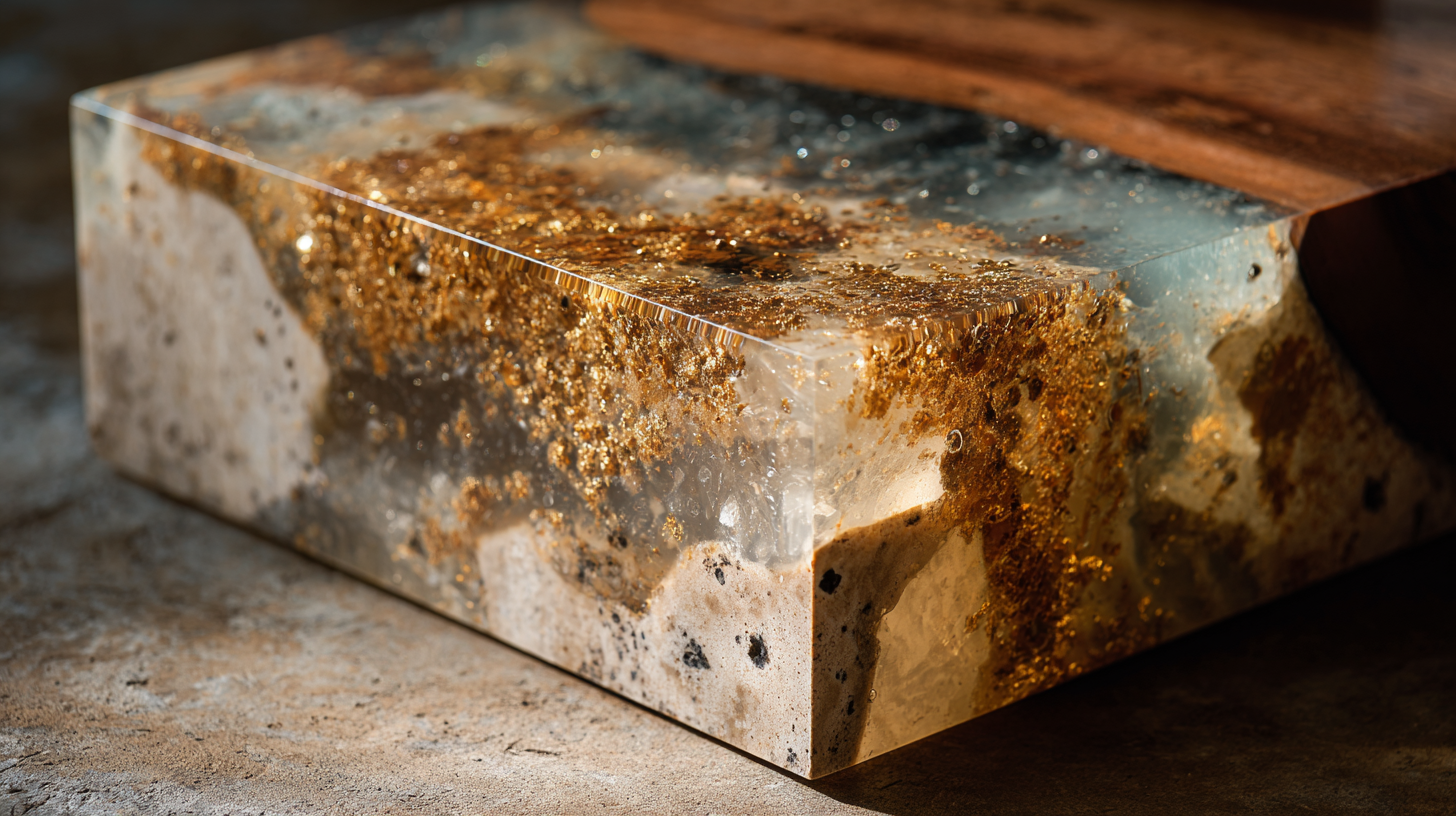 When it comes to selecting the best high-quality epoxy resin for your projects, understanding the differences between various brands is crucial. Different brands can offer unique formulations suited for specific applications, such as crafting, woodworking, or industrial uses. For example, some resins focus on ease of use, ideal for beginners, while others may provide superior clarity and durability for professional projects. It’s essential to conduct thorough research to understand each brand’s strengths and weaknesses.
When it comes to selecting the best high-quality epoxy resin for your projects, understanding the differences between various brands is crucial. Different brands can offer unique formulations suited for specific applications, such as crafting, woodworking, or industrial uses. For example, some resins focus on ease of use, ideal for beginners, while others may provide superior clarity and durability for professional projects. It’s essential to conduct thorough research to understand each brand’s strengths and weaknesses.
Tips: When comparing epoxy resin brands, always check for user reviews and product specifications. Pay attention to curing times and whether the resin is prone to bubbles, as this can affect the final result of your project. It’s also worthwhile to consider the environmental performance of the resins, particularly those newly developed for specialized uses, as they may have lower impacts compared to traditional formulations.
Additionally, consider the specific needs of your project when selecting a resin. Are you looking for something that can withstand varied temperatures or one suitable for intricate designs? Brands often emphasize different features to cater to distinct market segments, so aligning your project requirements with available options can lead to more satisfactory results.
Evaluating the Performance Characteristics of Epoxy Resins
When evaluating the performance characteristics of epoxy resins, it is essential to consider several key factors that contribute to their suitability for various projects. One of the most critical characteristics is the viscosity of the resin, which affects its flow and leveling properties. Low-viscosity epoxy resins are better for applications requiring detailed work, such as coatings or intricate moldings, as they can easily penetrate tight spaces and produce a smooth finish. Conversely, high-viscosity resins tend to hold their shape better, making them ideal for thicker applications where gravity impact is minimal.
Another important performance characteristic is the curing time and temperature. Fast-curing resins are beneficial for quick projects or environments with lower temperatures, while slower curing systems allow more time for adjustments and detailed work. Additionally, the thermal and chemical resistance of the epoxy is paramount for applications exposed to extreme environments or hazardous materials. Evaluating these characteristics ensures that the chosen epoxy resin adheres to the specific requirements of your project, enhancing durability and performance while minimizing potential complications during application.
Performance Characteristics of Epoxy Resins
This chart compares the tensile strength, flexibility, and curing time of various high-quality epoxy resins commonly used in projects.
Tips for Purchasing Epoxy Resin: Where to Find the Best Options
When purchasing high-quality epoxy resin for your projects, it’s essential to know where to find the best options. Start by researching reputable suppliers who specialize in epoxy materials. Online marketplaces such as Amazon, specialty craft stores, and dedicated resin websites often provide a wide variety of products. Look for sellers with positive reviews and a proven track record in customer service, as this can significantly impact your buying experience.
Additionally, consider joining hobbyist forums or social media groups focused on resin art and projects. Members often share their experiences and recommendations for specific brands and suppliers. This community insight can guide you toward the most reliable options and help you avoid subpar products. Don't forget to read product specifications and check if the resin is suitable for your intended use, whether it's for artwork, crafts, or repairs. By staying informed and connected, you'll be better equipped to choose the best epoxy resin to meet your project needs.
Related Posts
-
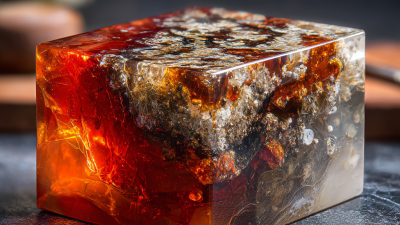
Discover Premium Casting Epoxy Resin: China's Quality Manufacturing at Your Service!
-

How to Achieve Stunning Results with Clear Epoxy Resin in Your DIY Projects
-

How to Maximize the Benefits of Polymer Performance in Your Industry
-
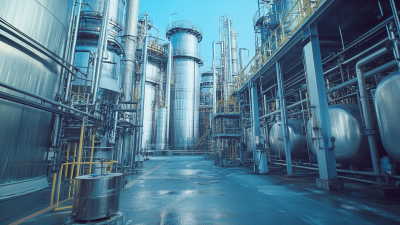
Emerging Trends in Industrial Epoxy Resin Technology for 2025 and Essential Procurement Checklist
-
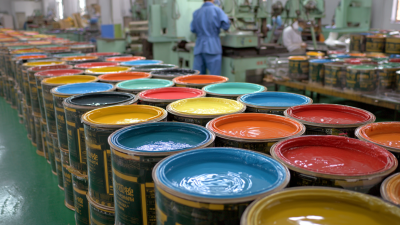
Global Impact of China's Best Polyurethane Coatings: A Manufacturing Marvel
-

7 Essential Tips for Choosing the Best High Performance Plastic in Your Projects


100% Mercury Free
All of Hapco's formulations are completely free of Mercury.

50 Year Track Record
Hapco has been in business for over 50 years!
*NOTICE* Hapco will be will be closed on Monday, May 26th, in observance of Memorial Day. |
Privacy Overview
| Cookie | Duration | Description |
|---|---|---|
| cookielawinfo-checkbox-analytics | 11 months | This cookie is set by GDPR Cookie Consent plugin. The cookie is used to store the user consent for the cookies in the category "Analytics". |
| cookielawinfo-checkbox-functional | 11 months | The cookie is set by GDPR cookie consent to record the user consent for the cookies in the category "Functional". |
| cookielawinfo-checkbox-necessary | 11 months | This cookie is set by GDPR Cookie Consent plugin. The cookies is used to store the user consent for the cookies in the category "Necessary". |
| cookielawinfo-checkbox-others | 11 months | This cookie is set by GDPR Cookie Consent plugin. The cookie is used to store the user consent for the cookies in the category "Other. |
| cookielawinfo-checkbox-performance | 11 months | This cookie is set by GDPR Cookie Consent plugin. The cookie is used to store the user consent for the cookies in the category "Performance". |
| viewed_cookie_policy | 11 months | The cookie is set by the GDPR Cookie Consent plugin and is used to store whether or not user has consented to the use of cookies. It does not store any personal data. |

